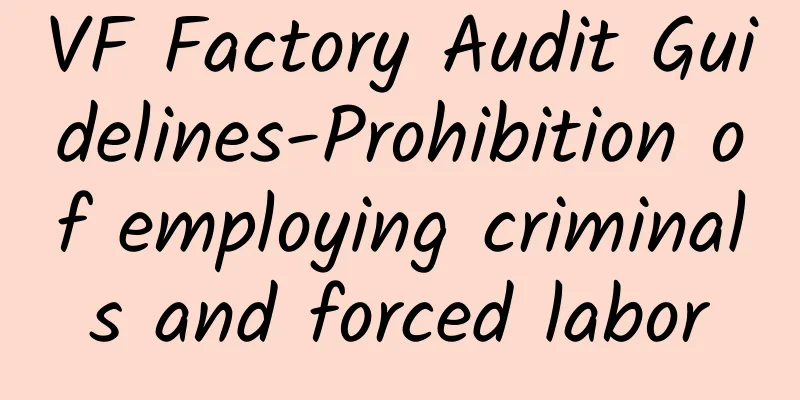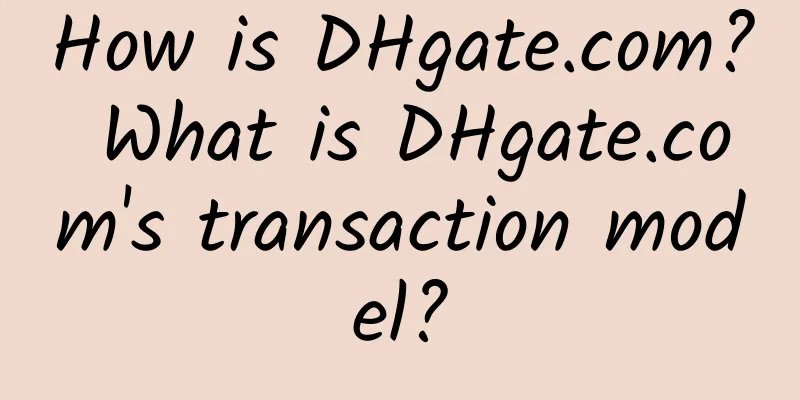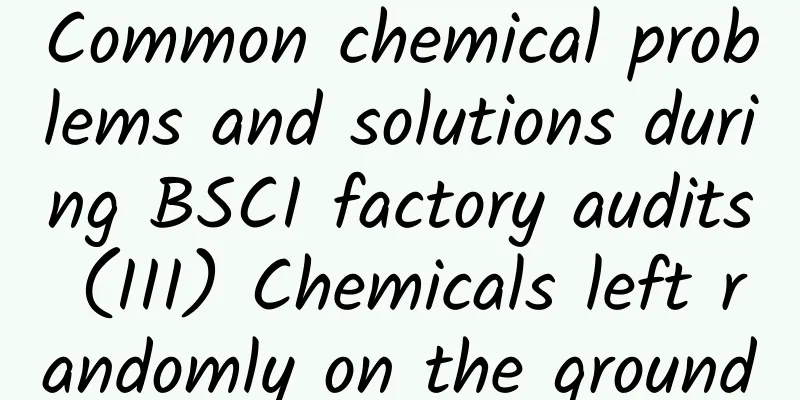VF Factory Audit Guidelines-Prohibition of employing criminals and forced labor

|
Factories are prohibited from using convict, voluntary, forced indentured or any type of convict labor. Factories are prohibited from employing convicted criminals in prison. Although there are conditions where it is permitted to employ convicts under local or state laws, it is expressly prohibited to import any product into the United States under U.S. customs laws if the product is produced by convict labor. Involuntary or Forced Labor Anyone who is forced to work for a reason will be considered to be involuntary or forced labor. Workers must have complete freedom of movement to leave the facility at any time. Factories have the right to impose restrictions on workers entering the facility or entering a certain room within the facility but should not prohibit workers from leaving. Labor indenture workers should not be forced to work by contract or any other means. Workers should not be forced to work to pay off debts, sign contracts for themselves, their families or others. Employment Contracts In some factories workers are required to sign employment contracts. These contracts will usually list the job, job duties, disciplinary procedures, overtime pay requirements and the length of time the contract is in effect. Some contracts are open ended. That is, the contract can be written without an end date. If the contract is open ended, there must be a provision that will end the contract when the worker quits the job. Employment contracts must not include anything that could be construed as forcing the worker to work. Workers must be able to quit at any time. Sometimes factories use third-party agents or brokers to hire workers. If a third party is used to hire workers, the worker's wages must be paid directly to the worker and not to the agent or broker. It is the factory's responsibility to ensure that the third-party agent or broker is legally qualified and is not a criminal, indentured or forced to work in any manner. Factories that employ security guards, or security companies that contract to provide their services, must not engage in practices that would cause workers to live in the factory and work against their will. Security guards should be limited to normal security functions, such as protecting the factory and product production and the safety of workers and other factory personnel. The factory should not retain employees' original identity cards, work permits or other forms of identification. Employees must have freedom of movement in the dormitories and freedom to leave at any time. |
>>: ISO 9001:2015 process approach
Recommend
New Balance Introduction
New Balance Introduction New Balance is headquart...
How is Kingoma Software? What products and services does Kingoma Software have?
How about Jingoma software? Shanghai Jingoma Soft...
WCA factory inspection introduction and content
WCA stands for Workplace Conditions Assessment. W...
Kmart factory inspection technical factory inspection audit requirements
1. MATERIAL CONTROL 1. Purchased materials are sub...
The organic cotton textile industry calls on us to take a sustainable development route
Organic cotton textile industry calls for sustaina...
What is Asia Union Intellectual Property? What services does Asia Union Intellectual Property provide?
What is AAM Intellectual Property? Shenzhen Yamen...
Social responsibility factory inspection requirements for indoor and outdoor hazardous waste storage
The social responsibility factory audit content o...
How is Unitex? What are the first-leg services of Unitex FBA?
How about Unitex? Since Unitex was founded in Hon...
What questions will Wal-Mart ask during its anti-terrorism factory inspection?
Generally speaking, what questions will be asked ...
FSC certified teak trade verification officially launched
The FSC-certified teak transaction verification w...
woolworths woolworths factory inspection consulting training consultant
woolworths woolworths factory inspection consulti...
What is Baoshijia? What service cooperation does Baoshijia provide?
Shenzhen Baoshijia Technology Co., Ltd. was estab...
eBay account anti-association factors and solution suggestions
The main factors of eBay account association incl...
RetailMeNot - "Online Marketing" About Coupons
What is RetailMeNot? RetailMeNot is a corporate s...









